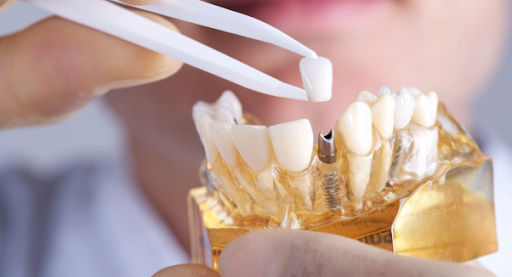Practices To Protect From Covid
The WHO has stated that the covid virus is still circulating, posing a risk of more lethal forms.
Even while Covid-19 cases decline throughout most regions of the world, cities like Shanghai, China, and Delhi, India, have seen an unexpected increase in cases. Only after the mask restriction was repealed and the Covid limits were completely relaxed was this significant increase recorded.
As a result, it is advised that one not let away their Covid protection just yet!
"We think we can solve the Covid emergency by the end of this year," stated WHO's Maria Van Kerkhove. This can be accomplished by expanding immunization coverage and improving access to life-saving technologies while also implementing preventative steps.
The WHO also stated earlier this week that while the virus is still circulating, there is still a chance of new lethal versions arising.
"There is a strong possibility of some other wave of new COVID infections," the WHO said, as winter approaches for Southern Hemisphere countries. In lower temperatures, when individuals are more prone to remain indoors, the coronavirus multiplies more easily.
It's been claimed that the dangerous Covid 19 viruses remain alive and well since the human body is an ideal home for it. As a result, the only way to stop the virus from spreading is to block it from spreading from one person to another.
Social carelessness should not be tolerated. Maintaining social distance is essential.
Though people of all ages are susceptible to the infection, the geriatric population and those with a variety of co-morbidities, such as those on dialysis or who have had a transplant, health records of COPD, Asthma or other respiratory problems, and patients undergoing cancer treatment, such as chemotherapy, are at an increased risk of infection," says Chief Neurosurgeon and MD, IBS Hospital, Delhi.
Here are five things you can take to stop the virus from spreading.
- Mask
The most efficient technique to prevent the virus from entering the body system and vice versa is to use wider and tight protection around the nose and mouth, including the chin area. Experts recommended masking everyone when the coronavirus was initially discovered in Wuhan, China in late 2019.
People were made fully aware of wearing masks by government agencies and administrations. According to studies, simply wearing cotton masks reduces the risk of catching the virus by a significant percentage.
"Cloth masks not only successfully prevent most large droplets (i.e., 20-30 microns and greater), but they can also stop the exhale of fine droplets and particles (also known as aerosols) less than 10 microns," according to research by the US CDC.
- Avoid crowds
Apart from masks, the shutdown had a significant role in containing the coronavirus's spread. This technique should not be forgotten in two years. Avoid going outside unless absolutely necessary, and minimize attending public events.
Public gatherings serve as breeding habitats for a variety of pathogens. Unmasked people, not keeping a physical distance of at least 1 metre, bad sanitization procedures, and poor air circulation if the gathering is in a closed location are just a few of the reasons why it's better to avoid public gatherings during pandemics.
- Quarantine your self
If you're sick, consider intentionally quarantining yourself. When COVID was a new disease, health officials focused on isolating the sick person as well as anyone who came into touch with them. Quarantine aids in the reduction of virus spread.
The person who has been affected by the virus must be separated from others for 10-14 days throughout the virus's incubation period. In this period he should take full rest with a proper diet and antiviral medication like molnupiravir to recover fast. Quarantining within a home would prevent the virus from spreading to the elderly and children.
- Use sanitizers and keep hands clean
Hand sanitization is another excellent technique to keep not only COVID-causing viruses away but also all infections at bay. Hands are among the most mobile elements of the human body.
These are one of the most common ways for the virus to enter your body. So, whether you're cooking or eating, it's critical to wash your hands thoroughly.
The government's deworming program is an excellent example of the impact of hand sanitization. The incidence of worming in children decreased dramatically after kids learned to clean their hands before and after eating, as well as after using the bathroom.
- Vaccination and Medication
Vaccination is currently the only effective strategy to lower the risk of Covid severity. According to experts, immunisation played a vital role in reducing hospitalisation during the Covid Omicron wave.
Vaccination trains the immune system to remember how to fight the infection. Booster doses improve the immune system's memory for better protection. Similarly, taking the right medication at the right time is advantageous; if you've been infected with a virus and are experiencing symptoms, the antiviral medicine mlonupiravir capsule is a lifesaver.



